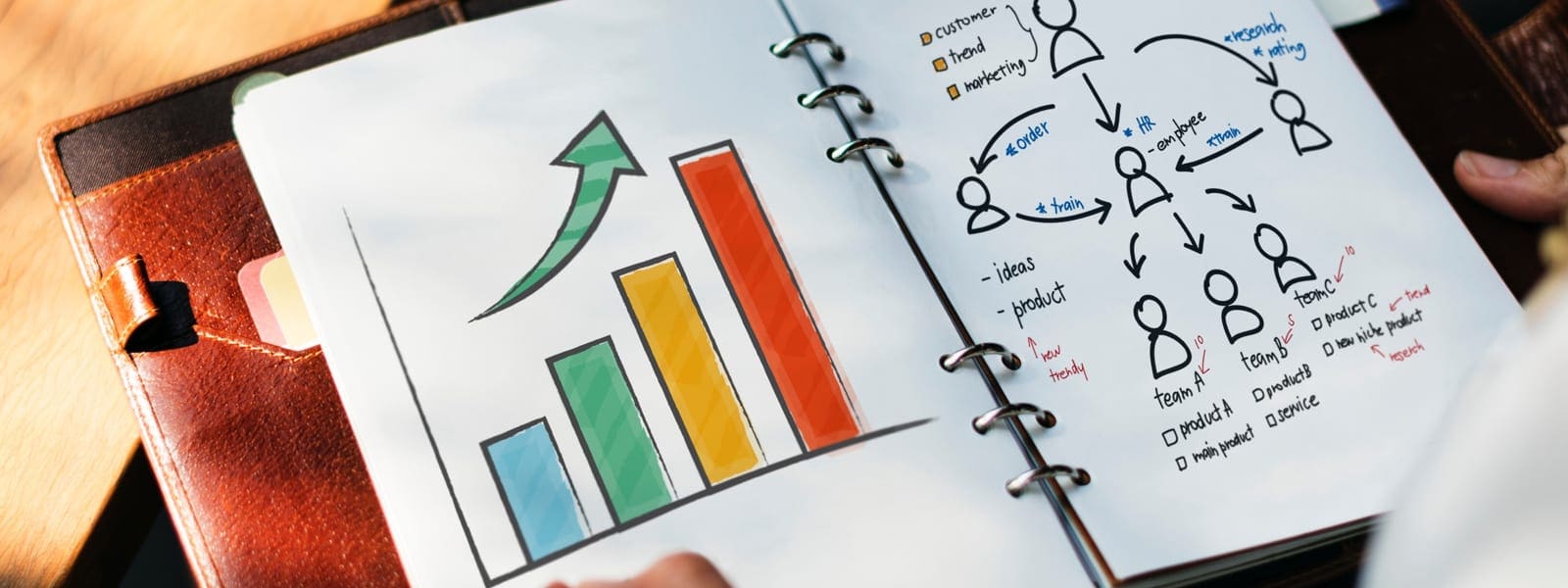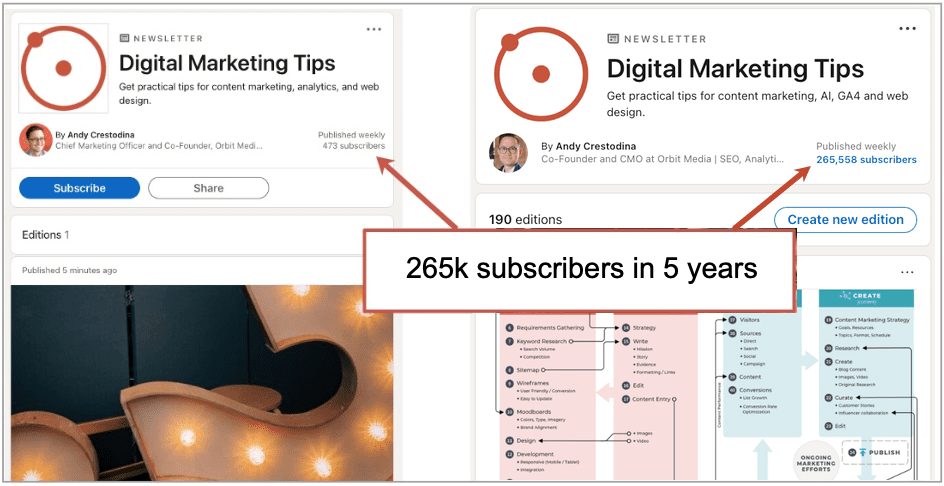Six Signs Your Bank Is About to Fail (and What to Do About It)
If your bank is on the ropes, there will be warning signs.

Most people still rely on banks for most of their financial needs: In fact, 96 percent of the country has at least one bank or credit union account. (And if you use a bank to deposit your salary and pay your bills, you should even consider having a second bank, just in case something goes wrong.)
But what happens if your bank fails? Bank failures aren’t common, but they do happen—two failed just last year, and 2025 has already seen one bank failure back in January. While your money is probably generally safe even if your bank fails, a bank failure can still cause you a lot of trouble because your funds may be unavailable for days (or longer) as the Federal Deposit Insurance Corporation (FDIC) sorts out the mess, and any loans or mortgages you have with your bank will be sold to other creditors without your input. So being able to spot the signs of bank failure early can enable you to make smart decisions that can save you a lot of stress down the line.
Signs your bank is about to fail
“Bank failures almost always follow a similar pattern,” says Cory Frank, founder and CEO of Robora Financial. “Actual or expected losses lead to questions about capital adequacy, which then spark concerns about solvency. Fears around solvency often prompt customers to take self-preserving actions, such as pulling deposits. These actions, in turn, can cause a liquidity crisis. Liquidity risk is unique among risk types in that the perception of a problem can create a real problem—customer behavior itself can drive a bank or credit union to fail.”
Some of the key signs of a failing bank are easy to spot if you’re paying attention:
Branch closures. An obvious sign of distress in any business is shutting down locations, which often implies a need to cut costs and concentrate resources.
Layoffs. If your bank starts cutting staff, it’s time to at least start researching its financial situation.
Frozen HELOCs. If you have an old home equity line of credit that you haven’t used in a while and your bank suddenly freezes it, it could indicate the bank is trying to claw back enough funds to stay afloat.
Raising rates. If the interest rates your bank charges on loans suddenly soar, it’s a sign that the bank is looking to boost income fast.
Not renewing loans. If the bank suddenly begins letting existing loans with local businesses expire, it might mean a liquidity crisis is brewing there.
Delays in payment processing. If your bank starts dragging its feet on paying interest or processing other payments, it might indicate the bank is struggling to maintain its cash reserves.
Frank notes that banks also often activate what’s called a “Recovery Playbook” when failure is imminent, including cutting or delaying stock dividends, selling off assets, and launching aggressive deposit campaigns with above-market rates in hopes of slowing down withdrawal rates.
What to do if you suspect your bank is going to fail
There are a few basic things people can do to protect themselves against bank failure. “Stay informed,” Frank says. “Search for recent news about your bank or credit union for any of the red flags mentioned. Analyze financials, if you can: Download and review the institution’s Call Report (for banks) or the National Credit Union Administration (NCUA) 5300 report (for credit unions) to spot negative trends.”
But even if you’re paying attention, bank failure can still surprise you. “There doesn’t need to be a deep recession or collapse of the economy if there are internal problems at the bank that the public is simply unaware of,” says Adem Selita, co-founder of The Debt Relief Company. “However, banks do undergo stress tests and are checked for these issues quite often in order to minimize the risk of this happening. But that doesn't mean the system is foolproof.”
Both Frank and Selita stress the simplest way you can protect yourself: Make sure your deposits are within FDIC (for banks) or NCUSIF (for credit unions) insured limits, which are both currently $250,000. “Even if your bank goes belly up, you will still hopefully be made solvent to that amount,” notes Selita.
If you have several accounts with the bank and you’re not sure that your deposits are covered in full, you can use the FDIC's insurance estimator to estimate how much of your money will be protected in the event of a bank failure. If you don’t think 100% of your funds are insured, you should consider moving some of that money elsewhere before the worst happens.
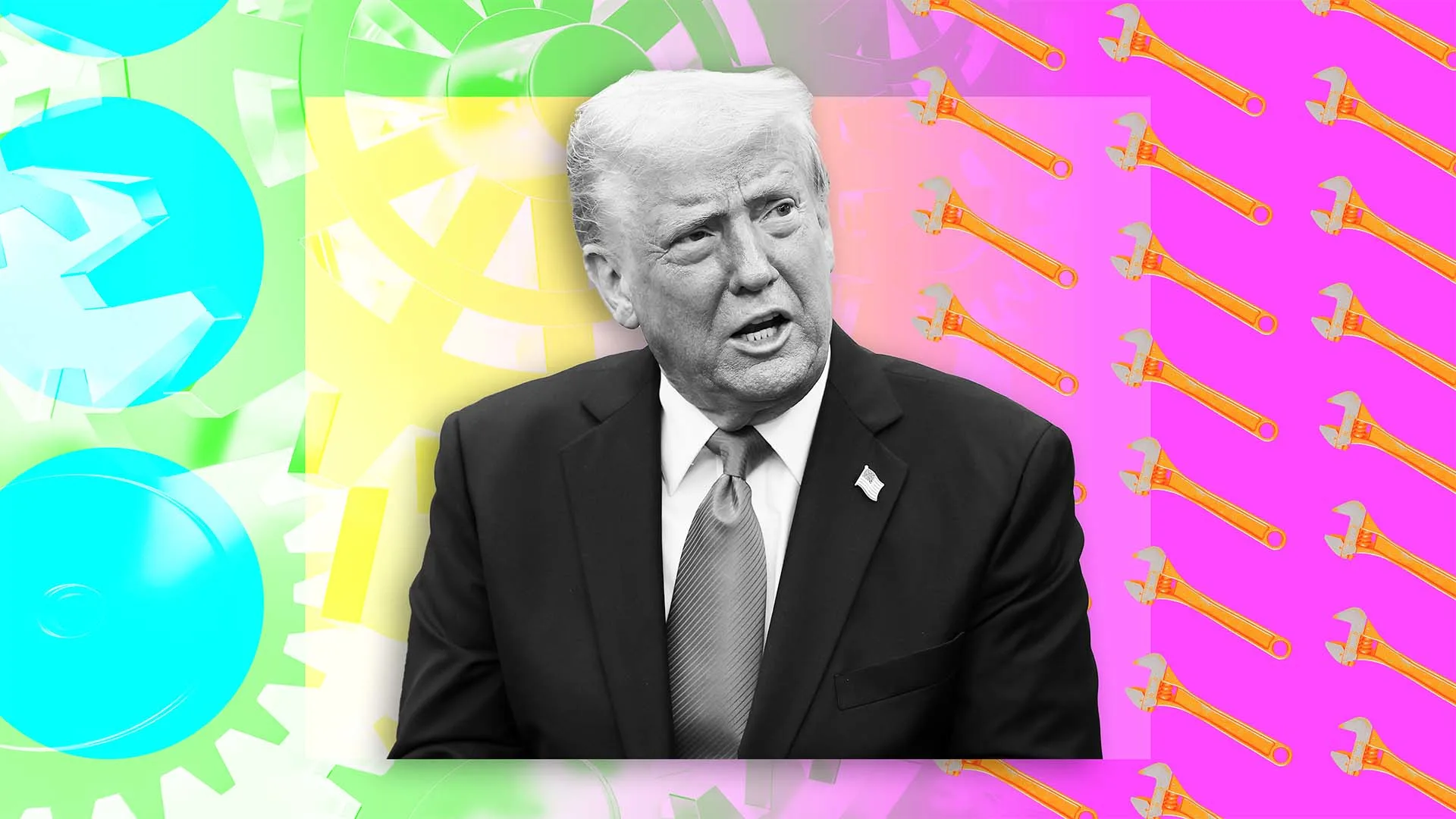





























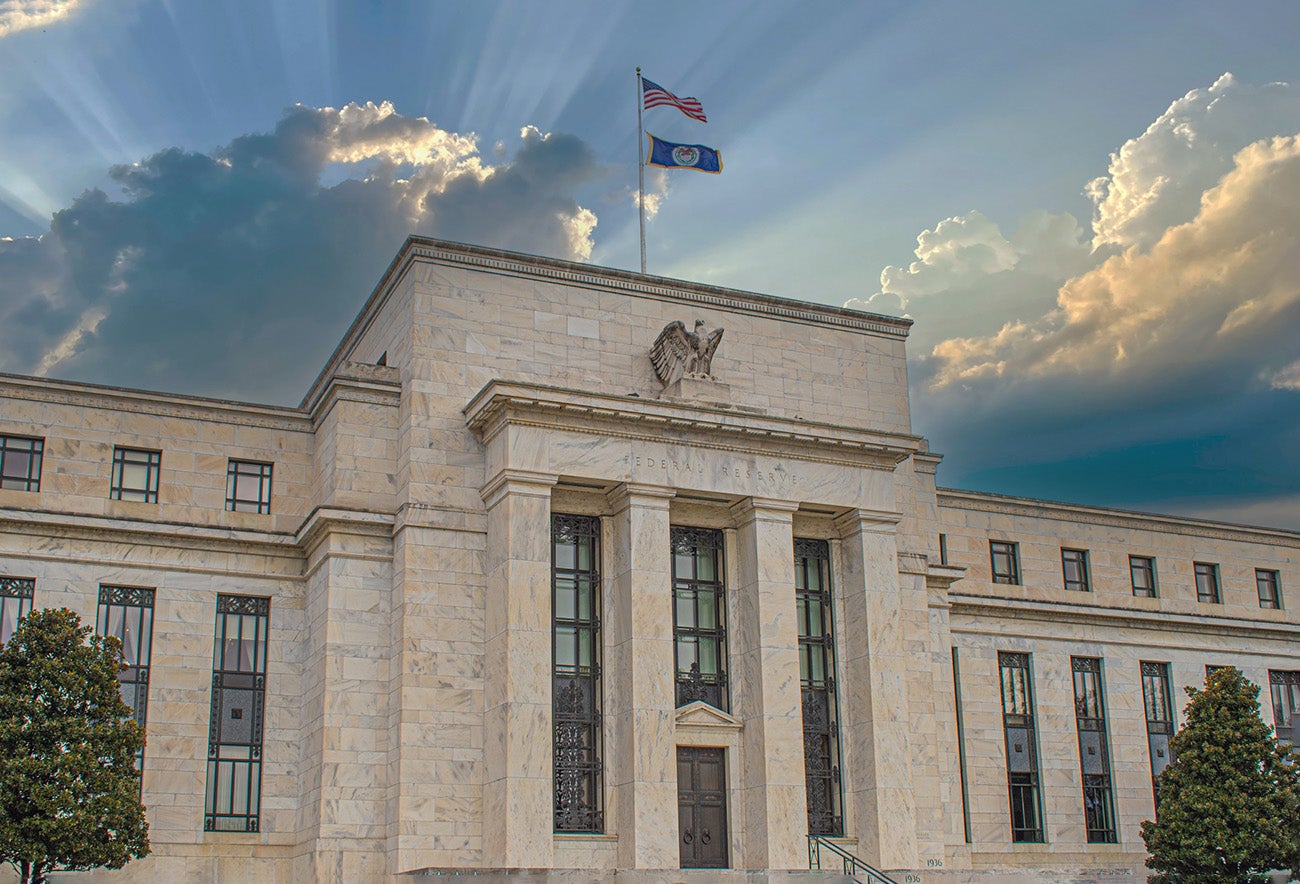
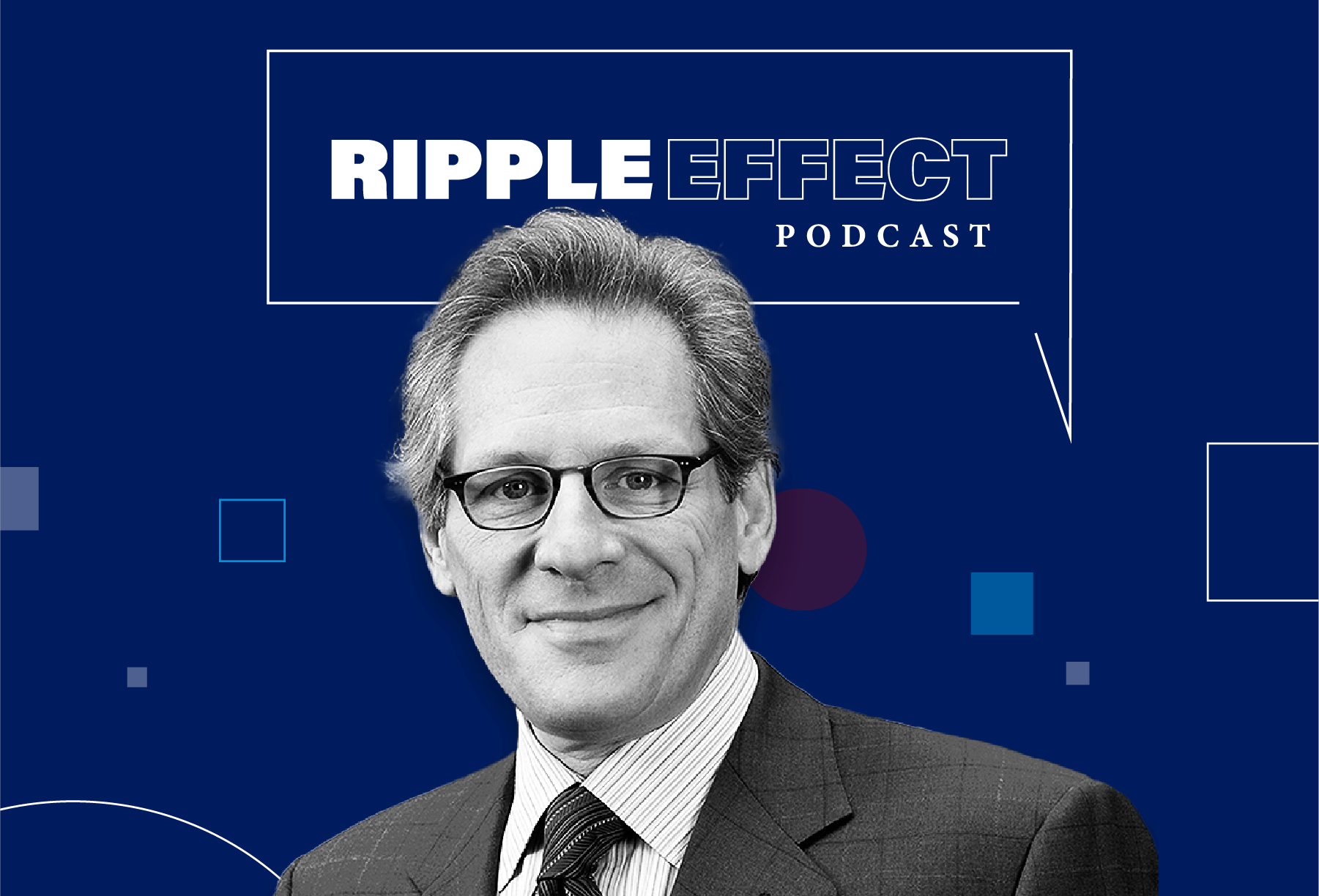

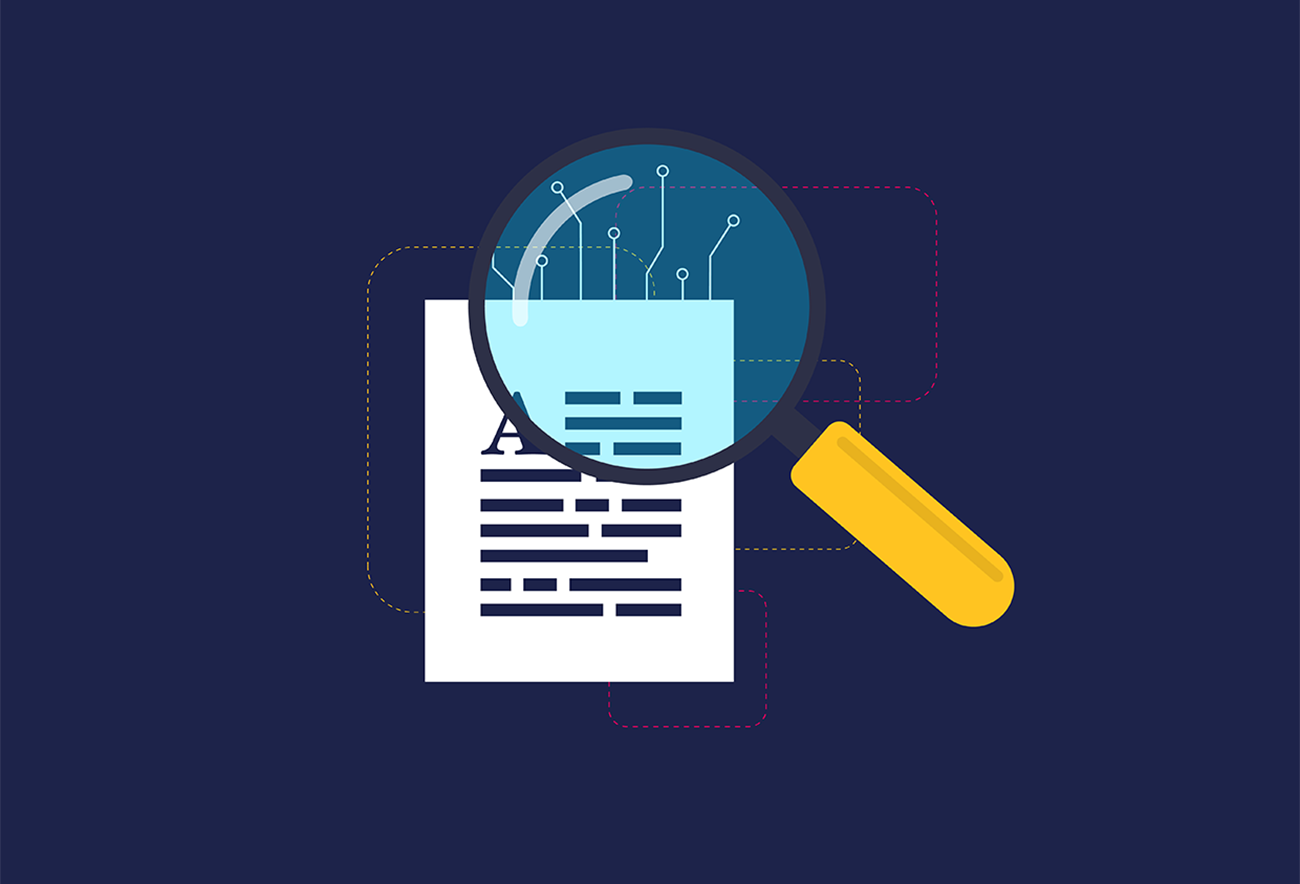
































































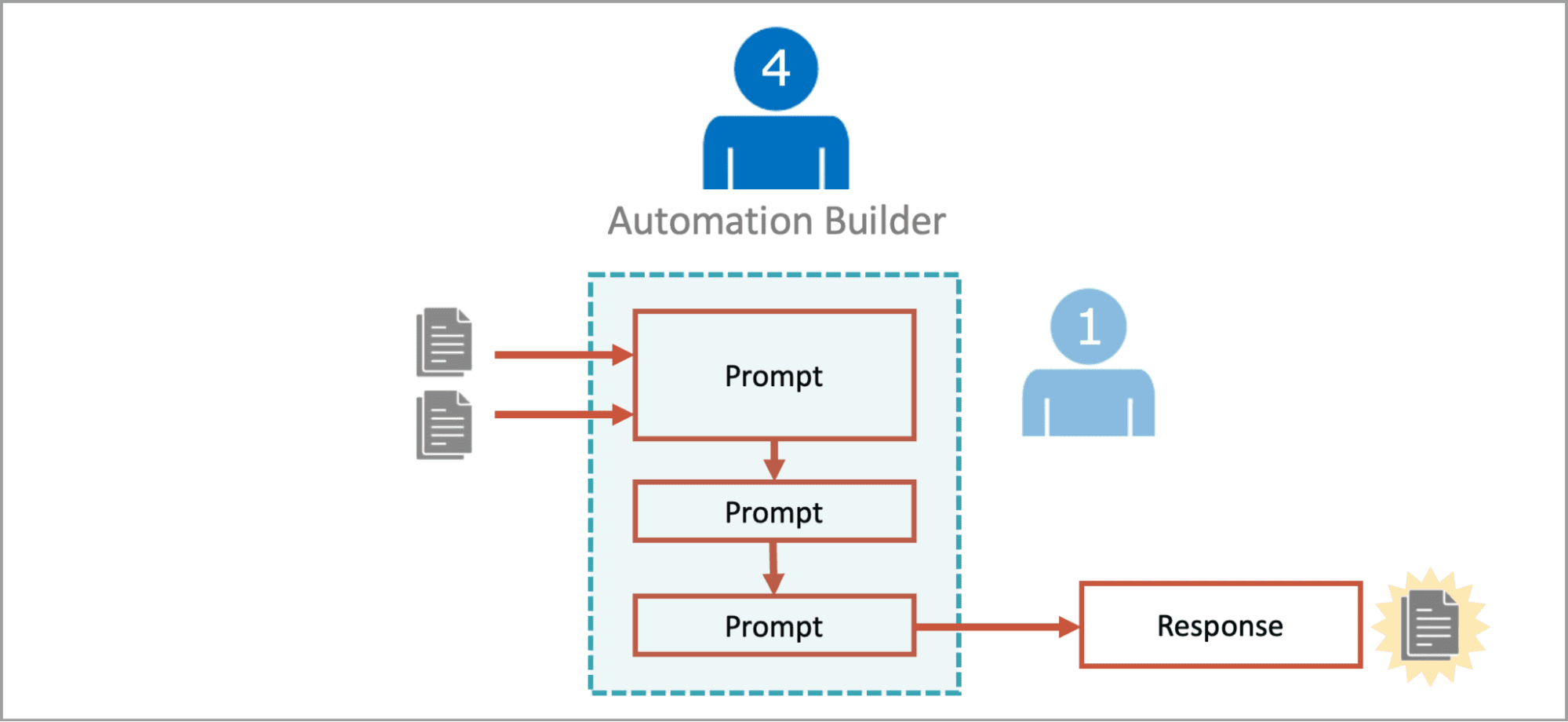




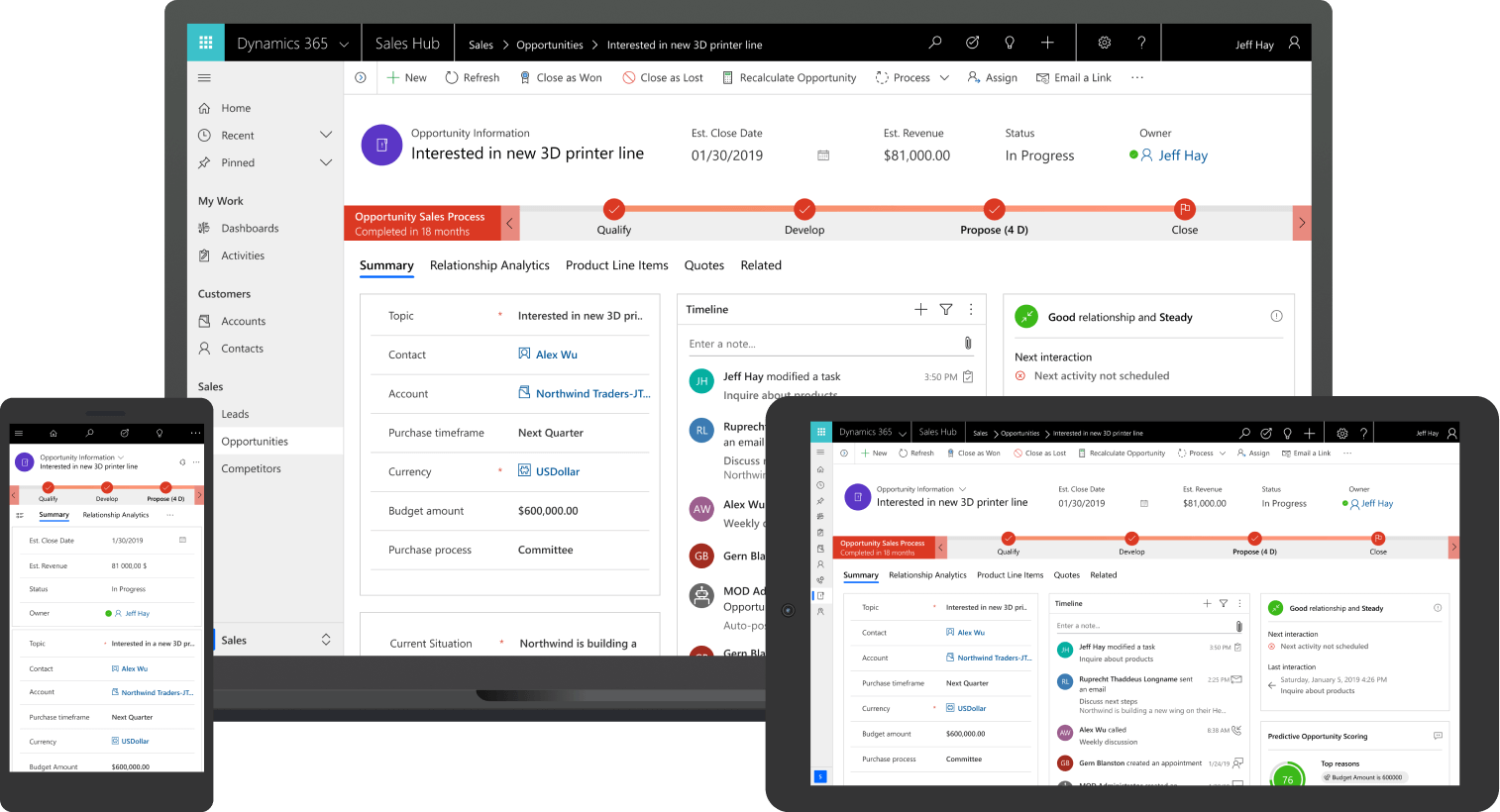
![Building A Digital PR Strategy: 10 Essential Steps for Beginners [With Examples]](https://buzzsumo.com/wp-content/uploads/2023/09/Building-A-Digital-PR-Strategy-10-Essential-Steps-for-Beginners-With-Examples-bblog-masthead.jpg)









